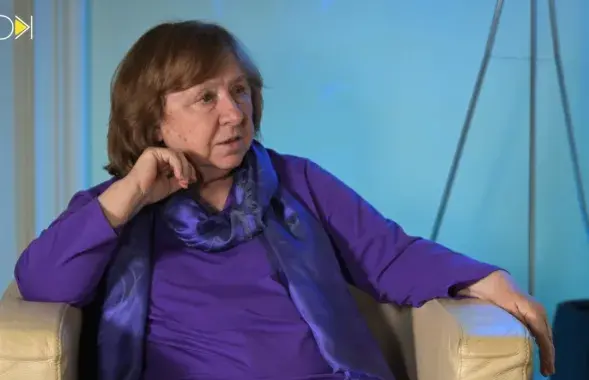Exper: dollar to grow further, Belarusian ruble has nothing to do with it
Despite the rate of 15,400, Belarusians continue to buy dollars, but banks sell only what they buy.
The dollar hit this year's maximum: at the end of regular trading, it rose by 190 rubles. Exchange offices sell it at 15,400, but only the currency bought from people. Although, as Euroradio discovered, the National Bank recommended against it.
"We did not recommend this!"
We went to exchange offices to check if this fdollar price will stop the buyers. At the Delta-Bank exchange office in Karl Marx street, there is only one woman in the queue to buy dollars. But even after she does it, there are still $40 left.
"We sell only what we buy. And it is not known when it will be canceled."
In the GUM exchange office, three people are selling dollars: two is selling 20 and one 100. A clever woman is the first in line for currency. She immediately buys dollars for euros... Cashier does not have anything now.
The exchange office at the Central supermarket has no currency, the very first woman in line is looking for someone who wants to sell dollars.
"Where's the man who was going to sell $20?"
There are no dollars in Lenin Street. A young couple in front of me is buying 10 thousand Russian rubles. There are 500 euros left, but in one bill.
Another exchange office in the same street is closed in the first place, as is the exchange in underground pass under the Nezalezhnastsi Avenue.
Financial Analyst of the official Alpari partner in Minsk, Vadzim Iosub believes that the dollar will continue to rise. And the Belarusian economy has nothing to do with it:
"The dollar will continue to grow, and the Belarusian ruble is nothing to do with it, because in the world it is growing up vis-a-vis all currencies, including the euro. There is no reason for it to stop growing in Belarus. Now the banks have the right to buy the currency to strengthen exchange offices, but there is a recommendation of +/- 2% of the established rate of the National Bank. Banks are not buying the currency, because tomorrow, if there is a jump, they can lose money. If banks could include the risk in the selling rate, then it would be logical."
Photo: Euroradio















